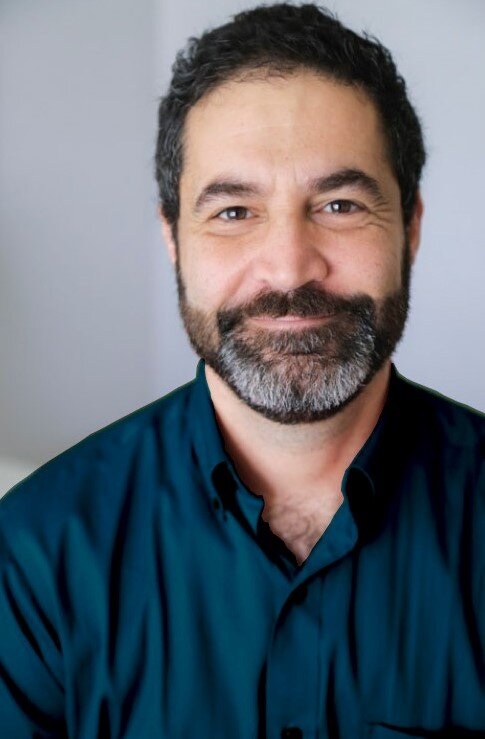Insights into Easier Public Speaking from a Cognitive Behavioral Approach from Lindsay Kiriakos M.D.
Cognitive-behavioral therapy, also known as CBT, is the most effective approach to dealing with anxiety around public speaking, psychiatrist Dr. Lindsay Kiriakos says. CBT is composed of three main techniques: Cognitive Therapy, Relaxation Training, and Exposure Therapy.
Cognitive Therapy is a Proven Way to Deal with Anxiety Around Public Speaking
In Cognitive Therapy, you train your brain to think more clearly when you are under pressure. Cognitive Therapy is based on the idea that our thoughts about the world around us determine how we feel in every situation, and specific erroneous thoughts can cause anxiety around performances such as public speaking.
Cognitive Therapy provides a framework for assessing the thought process around an anxiety-provoking activity. It asks the patient to consider “What are you feeling?” and “What are you thinking?” and then gives a structure for comparing inner feelings and thoughts against objective facts.
Patients using Cognitive Therapy often find that their inner feelings don’t match the verifiable realities of the world around them. Their fears are not evidence-based. For example, people with glossophobia, a fear of speaking, often suppose that they don’t ever speak well in public, that other people will notice and remember each detail of their poor performance, and that they will never get better. However, their anxiety may, in fact, be less consistent, less noticeable, less frequent, or less intense than they believe. Additionally, they also may not yet have tried proven treatment approaches (both in terms of therapy and medications) before concluding that they can’t improve.
Relaxation Training as a Tool for Dealing with Anxiety Around Public Speaking
Another common tool Lindsay Kiriakos M.D. recommends for dealing with performance anxiety around public speaking is relaxation training. There are ways of focusing on your muscles, your breathing, your surroundings, and even your facial expressions that can alleviate anxiety. These techniques are particularly effective just before and at the start of a presentation, when anxiety with public speaking tends to be at its worst. They are also effective at decreasing “debriefing anxiety”, a tendency to put yourself down repeatedly about past failures.
Exposure Therapy as a Way to Get Rid of Fear of Public Speaking
Dr. Lindsay Kiriakos identifies exposure therapy (also known as gradual desensitization) as another effective approach to dealing with anxiety with public speaking.
This approach to treating performance anxiety starts with recognizing and accepting the reality of your anxiety. It then encourages you to face your fears by focusing on anxious thoughts and sensations and still moving forward despite them.
Exposure therapy places a strong emphasis on stepping outside your comfort zone in a gradual way and on a regular basis. Examples include doing mock or role-play presentations repeatedly out loud, voluntarily speaking more frequently in meetings, and staying slightly longer in anxiety-provoking situations before leaving. This approach is based on the idea that your comfort zone will gradually expand in response to persistently taking small steps forward.
Before You Attempt CBT on Your Own, Seek Guidance from a Professional Therapist, Lindsay Kiriakos Says
In addition to being a significant issue on its own, anxiety about public speaking can also sometimes be a symptom of other related problems, such as perfectionistic OCD, generalized anxiety, or panic disorder. Dr. Lindsay Kiriakos advises that it is always a good idea to consider meeting with a mental health professional first to get a thorough diagnosis in order to ensure the most appropriate and effective treatment.















